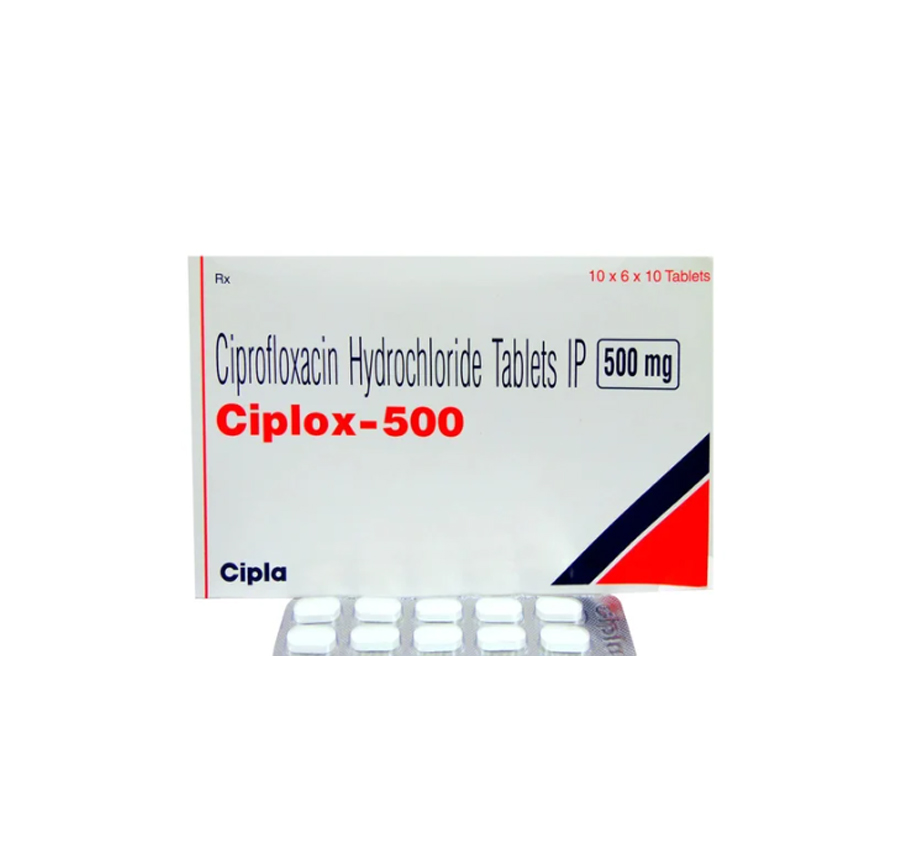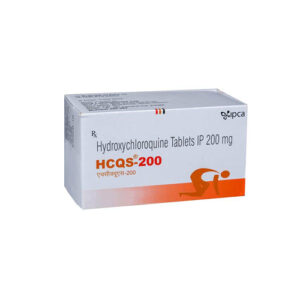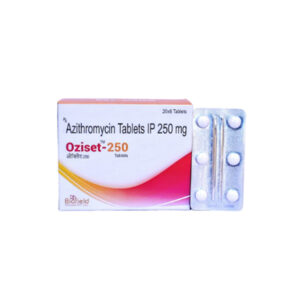Description
Cipro (Ciprofloxacin)
Cipro Information
Cipro is a drug with a generic name of Ciprofloxacin. Cipro is an antibiotic and it belongs to the category of drugs known as fluoroquinolones and they are drugs that fight bacteria and stop bacterial growth in the body.
Cipro Indications
Cipro is indicated for the treatment of a varied spectrum of bacterial infections or infections caused by bacteria.
Cipro can also be used to treat other medical conditions aside from the ones mentioned above.
Cipro Warnings
Before taking Cipro, tell your doctor first if you have medical problems such as:
- Kidney diseases
- Epilepsy
- Diseases that entail seizures
It is not known whether Cipro can cause harm to the unborn or if it can cause birth defects in babies as Cipro is a drug in the pregnancy category C. Drugs in this category are not proven to cause harm to the baby but they have the possibility to be harmful to the baby that is why if you are pregnant or planning to become pregnant, you should first consult your doctor before deciding to take Cipro.
If you are new mother and would like to breast feed your baby but on a Cipro medication, you should first try to consult your doctor about the possible effects of Cipro as taking Cipro while breast feeding may cause undesired effects on the bone formation of your baby.
Children less than 18 years old are not advised to use Cipro as it may interfere with their bone development.
Prolonged and long term exposure to sunlight should also be avoided when on Cipro medication as photosensitivity to sunlight may be expected. Sunburns, redness, itching or rashes may occur as a result of photosensitivity to sunlight.
Cipro can cause dizziness and use it with caution when performing tasks that require physical and mental alertness such as driving or operating machinery.
When on Cipro medication, it is not advisable that caffeine is excessively used. If possible, refrain from drinking beverages with caffeine or any food with caffeine as Cipro may increase the effects of Caffeine in the body.
Cipro Intake Guidelines
Take Cipro as exactly directed by your doctor. Never deviate from your doctor’s instructions regarding the mode of intake.
Each dose of Cipro must be taken with a full glass of water. It is advisable that lots of fluids be drank so as to prevent the formation of crystals in the urine.
Cipro when in tablet or capsule form should always be swallowed whole and should never be crushed or chewed. For oral suspensions of the medicine, before taking it should first be well shaken to distribute the particles evenly.
The most recommended time for Cipro intake is 2 hours prior to a meal. There is no need to worry about stomach upsets though because Cipro is not a stomach irritant.
The effectiveness of Cipro may be greatly decreased when it is taken together with dairy products such as milk, cheese, yogurt, or even calcium fortified juices.
It is important to take Cipro at regular intervals.
Never attempt to stop taking Cipro without first talking to your doctor about it. Also never abruptly cease your Cipro medication without first talking to your doctor.
Cipro Dosage
The exact dosage for Cipro can only be effectively determined by your doctor. Ask your doctor for your recommended dose.
Cipro Overdose
The most common manifestation of Cipro overdose is characterized by seizures and if you suspect overdose and experience seizures, immediately seek medical attention.
Cipro Missed Dose
You can take the missed dose of Cipro the moment you remember provided that it is not yet near the time for the next scheduled dose. Never take double doses of Cipro unless otherwise directed by your doctor.
Cipro Side Effects
The taking of Cipro may entail some side effects such as:
- Seizures
- Insomnia
- Buzzing in the ears
- Drowsiness
- Increased sensitivity to light and heat
- Headaches
- Hallucinations
- Confusion
- Skin rashes
- Nausea
- Vomiting
- Muscle pains
- Angina
- Chest discomfort
- Allergic reactions for hypersensitive patients
If you experience any of the above-mentioned side effects and if they become intolerable or bothersome, immediately consult your doctor on what to do.
Cipro Drug Reactions
Always inform your doctor of the drugs you are taking especially drugs such as:
- Theophylline
- Probenecid
- Insulin and other diabetes medications
- NSAIDs
- Warfarin
- Cyclosporine
- Phenytoin
- Didanosine
Other drugs may also not be advised for intake together with Cipro and it is best to consult with your doctor first.
It is strongly NOT recommended to take antacids with calcium or magnesium content, medicines with sucralfate, vitamin supplements that contain iron or zinc 2 hours prior to taking Cipro as it may tremendously decrease the effects of the antibiotic in the body.
Buy Cipro
In some countries CIPRO may also be known as: Argeflox, Atibax C, Biotic, Cipro-Otico, Ciprotenk, Cirflox-G, Ciriax, Crisacide, Exertial, Floraxina, Gino Ciriax, Golysine, Lorbifloxacina, Medaflox, Microsulf, Neflox, Novidat, Ocefax, Quisegen, Rexner, Septicide, Ultramicina, C-Flox, Ciloquin, Ciprol, Profloxin, Proquin, Cipromed, Ciprostad, Ciprobel, Ciproxine, Docciproflo, Bactoflox, Biamotil, Ciflocina, Cifloxtron, Cinoflax, Ciproant, Ciprobiot, Ciprocina, Ciprodine, Ciprofar, Ciproflonax, Ciprofloxil, Cipromizin, Cipronal, Cipronom, Ciproxen, Ciproxil, Ductocina, Floxan, Maxiflox, Nixin, Ofoxin, Proxacin, Procin, Quiflox, Quinoflox, Sifloxan, Ciproxino, Grifociprox, Oflono, Oftaciprox, Cifloxinal, Cifran, Ciphin, Ciprobay, Ciprobid, Quintor, Sancipro, Sibunar, Uniflox, Cipro-Q, Cipro-saar, Cipro-Wolff, Ciprobeta, Ciprodoc, Ciprodura, Ciprofat, Ciproflox-Puren, Ciprogamma, Ciprohexal, Gyracip, Keciflox, Panotile cipro, Afenoxin, Aristin-C, Balepton, Biocipro, Bivorilan, Ciprospes, Cidrops, Citrovenot, Forterra, Ginorectol, Glossyfin, Grenis-cipro, Labentrol, Ladinin, Limox, Ravalton, Gonning, Utahzone, Ci-Sons, Ciprobiotic, Ciprofur, Eufloxin, Floxager, Floxantina, Floxelena, Gibac, Infloxa, Italnik,





